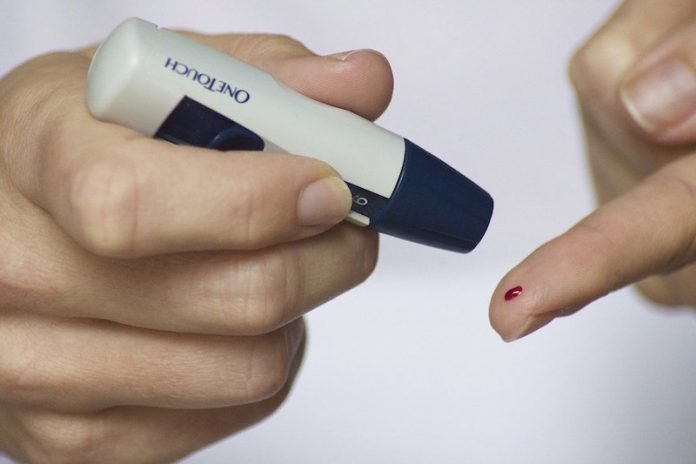
In two new studies, researchers found that eating more fiber can improve life expectancy for those with diabetes.
But food processing may remove these benefits.
The research was conducted by a team at Otago University.
Type 2 diabetes has reached epidemic proportions worldwide, is associated with serious medical complications, and increases the risk of dying from COVID-19.
One study used data collected from 8300 adults with type 1 or type 2 diabetes to show that those with a higher fiber intake faced a significant reduction in premature mortality compared to those eating the least fiber.
Compared with the New Zealand average of 19 grams of fiber per day, those consuming 35g per day have a 35% reduced risk of dying early.
Their advice to increase fiber intakes by eating more whole grains, legumes, vegetables and whole fruit applies to people across the globe.
The research team also analyzed 42 trials with 1789 participants where adults with prediabetes, type 1 or type 2 diabetes were given more fiber and whole grains for at least six weeks.
They found consistent improvements in blood glucose control, cholesterol levels, and reductions in body weight when adults with prediabetes, type 1 or type 2 diabetes increased their fiber or whole grain intake.
In the second study, researchers found not all foods that contain fiber are created equal—while whole grains are an important source of fiber, their benefits may be diluted when heavily processed.
For this study, the team tested adults with type 2 diabetes living in Dunedin to consider the effects of food processing on the health benefits of whole grains.
Participants ate minimally-processed whole grain foods such as wholegrain oats and chunky grainy bread for one fortnight, then more processed wholegrain foods such as instant oats and wholemeal bread for another fortnight.
Researchers used cutting edge glucose monitors to record participant blood glucose levels over the day and night during the two-week intervention periods.
Results showed improved blood glucose levels after meals and reduced variability of blood glucose levels throughout the day when participants consumed the minimally processed whole grains.
The results were most striking after breakfast, as that was when most of the whole grains were consumed.
Researchers also observed something unexpected.
Although participants were asked not to lose weight by eating less during the trial, results showed their average weight increased slightly after two weeks of eating processed whole grains and decreased slightly after eating minimally processed whole grains.
These two studies, along with previous research, confirm choosing high fiber foods like whole grains, whole fruit, dark leafy greens or legumes is good for everyone, and important in managing diseases such as type 1 or type 2 diabetes.
The lead author of the study is Dr. Andrew Reynolds, National Heart Foundation Fellow of the Department of Medicine.
The study is published in PLOS Medicine and Diabetes Care.
Copyright © 2020 Knowridge Science Report. All rights reserved.



